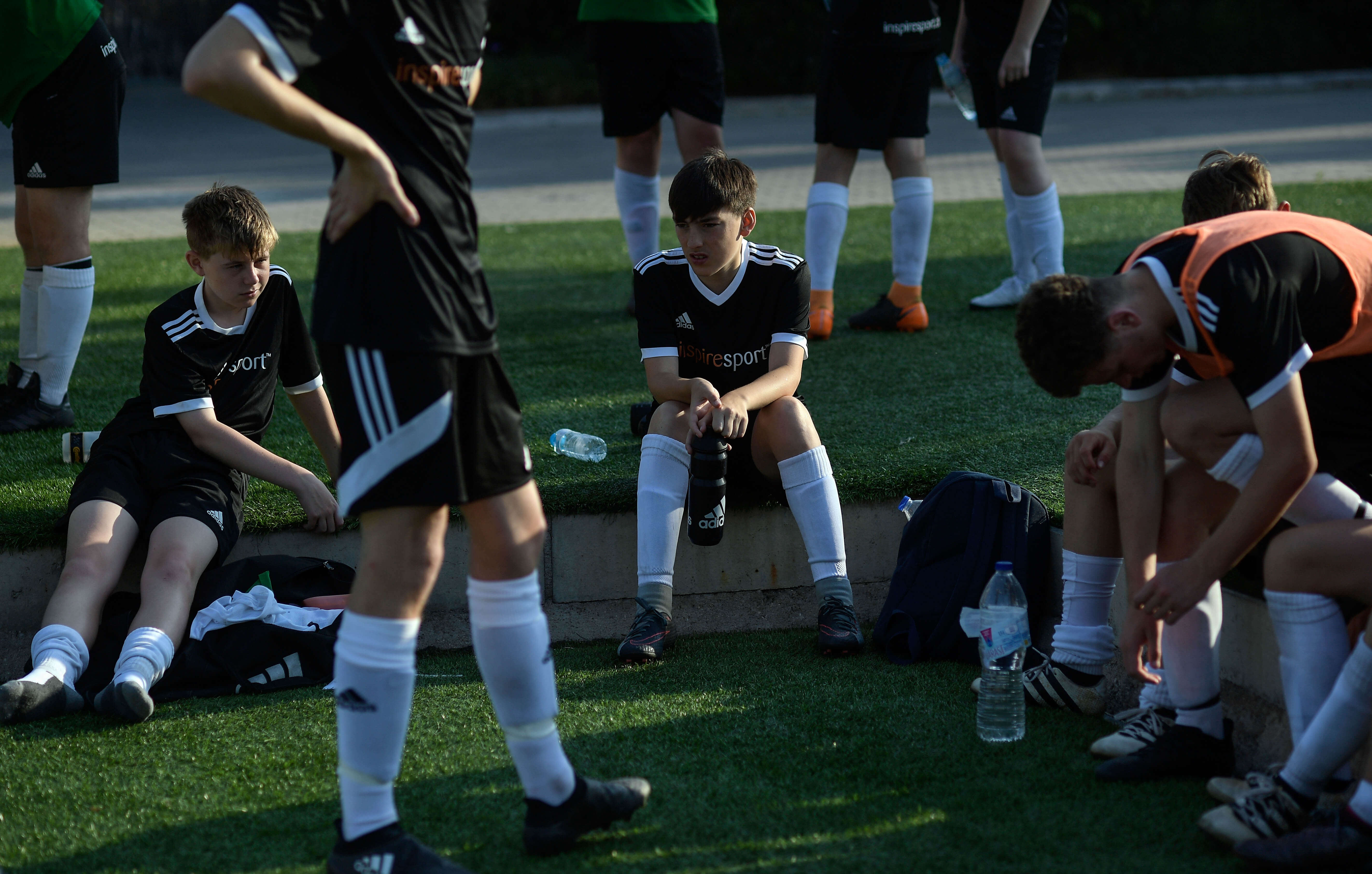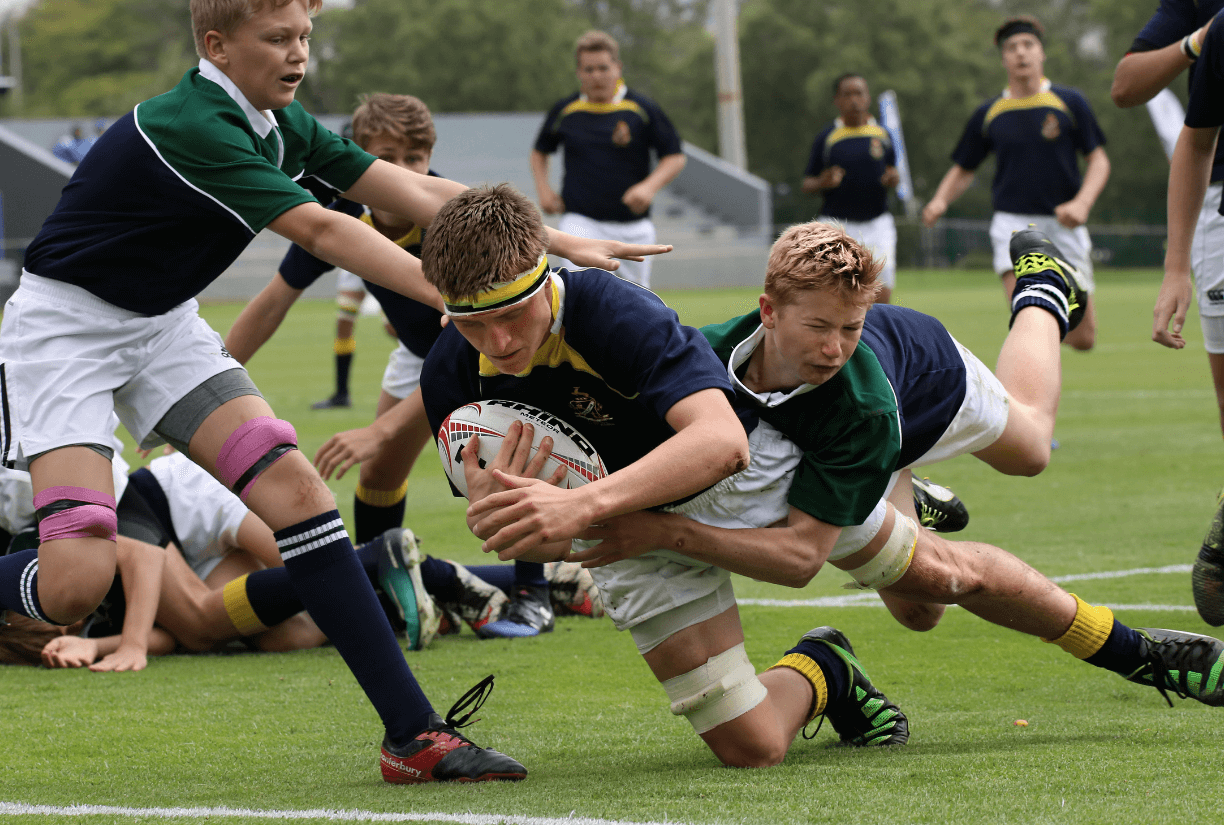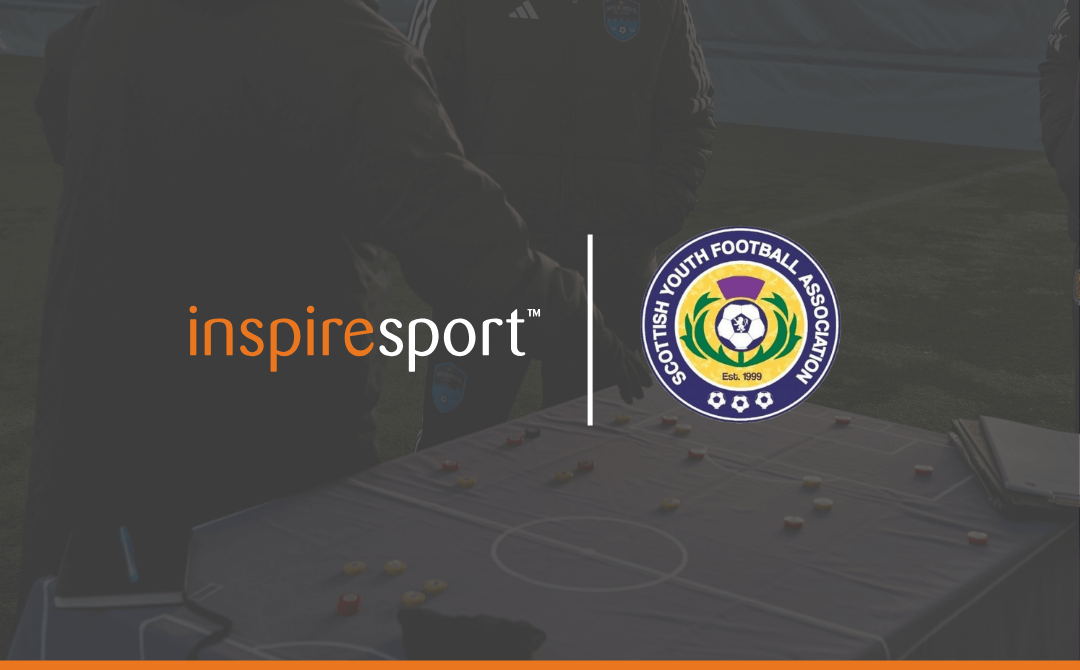
How to Stay Fit and Injury-Free as a Football Player: Tips and Tricks for Preventing Injuries and Staying in Top Physical Condition
As a leading sports tour company dedicated to inspiring young athletes around the world, inspiresport understands the importance of nurturing and safeguarding the well-being of young football players. Developing a foundation of fitness and injury prevention during early development years not only boosts performance on the field but also sets the stage for a lifelong love of the beautiful game. In this article, we’ll discuss valuable tips and tricks for young footballers and coaches, to ensure players stay fit and injury-free, creating benefits that extend far beyond their early years on the pitch.
Warm Up and Cool Down Rituals
Every football session should begin with a dynamic warm-up routine to increase blood flow, elevate heart rate, and prepare muscles for action. Incorporate dynamic stretches, light jogging, and agility drills to activate the body. Likewise, conclude each session with a structured cool-down period involving static stretches to enhance flexibility and reduce muscle tightness. Encouraging these practices at a young age promotes good habits that lead to healthier, more durable bodies.
Focus on Proper Nutrition
A balanced diet is key to an athlete’s overall fitness. Emphasize the importance of whole foods like lean proteins, complex carbohydrates, healthy fats, and a variety of fruits and vegetables. Staying hydrated is equally vital, so encourage players to drink water consistently before, during, and after practices and matches. Explaining the connection between nutrition and peak performance empowers young athletes to make informed dietary choices.
Age-Appropriate Training Loads
While enthusiasm is crucial, overexertion can lead to injuries. Coaches should tailor training loads to the age, skill level, and physical development of their players. Gradually progress the intensity, duration, and complexity of training sessions, allowing young athletes’ bodies to adapt and grow stronger over time. Striking a balance between challenging workouts and proper recovery helps prevent stress and minimises injury risks.
Technical Skill Development
Mastering proper technique not only enhances performance but also significantly reduces the risk of injury so make sure to ensure that players receive coaching on fundamental skills like passing, shooting, dribbling, and tackling. Correcting improper mechanics at a young age prevents the development of bad habits that can lead to persistent injuries as players advance in their careers.
Cross-Training and Rest Days
Cross-training does not necessarily mean long sessions on boring gym equipment. Try and promote the benefits of participating in different sports and activities to enhance overall athleticism. Engaging in various activities helps prevent overuse injuries and develops a well-rounded set of physical abilities. Young kids will be enthusiastic but occasionally prioritising rest and recovery days can allow muscles to repair and grow. These practices contribute to players’ long-term well-being by preventing burnout and promoting balanced physical development.
Injury Prevention Exercises
At young ages no child wants to be sat on the side with an injury, whilst their teammates play on. Incorporating injury prevention exercises into training routines helps avoid this, strengthens key muscles, improves joint stability, and boosts flexibility. Focusing on areas prone to injuries, such as the ankles, knees, and hips, reduces the likelihood of sprains, strains, and tears. Engage players in regular exercises like squats, lunges, balance drills, and plyometrics to fortify their bodies against common football-related injuries. These can be turned into competitive but friendly competitions to ensure engagement.
Mental and Emotional Well-being
Physical fitness extends beyond the body; it includes mental and emotional health. It’s great to let young footballers know about the importance of not being over stressed, positive self-talk, and having a resilient mindset. This can help prevent in injury and contribute to longevity in the sport and life beyond.
Seek Professional Guidance
Coaches and parents should collaborate to ensure young football players receive proper guidance where possible and if needed. Regular check-ins with medical professionals, physiotherapists, and experienced coaches can identify potential issues early and provide recommendations for maintaining fitness and preventing injuries.
inspiresport believes that instilling these practices from an early age will equip young football players with the tools they need to excel on the pitch and beyond. It is also important to remember that player’s mental health and enjoyment of football should always come first. Our aim is to nurture a generation of players who embrace the joy of the game for years to come.






